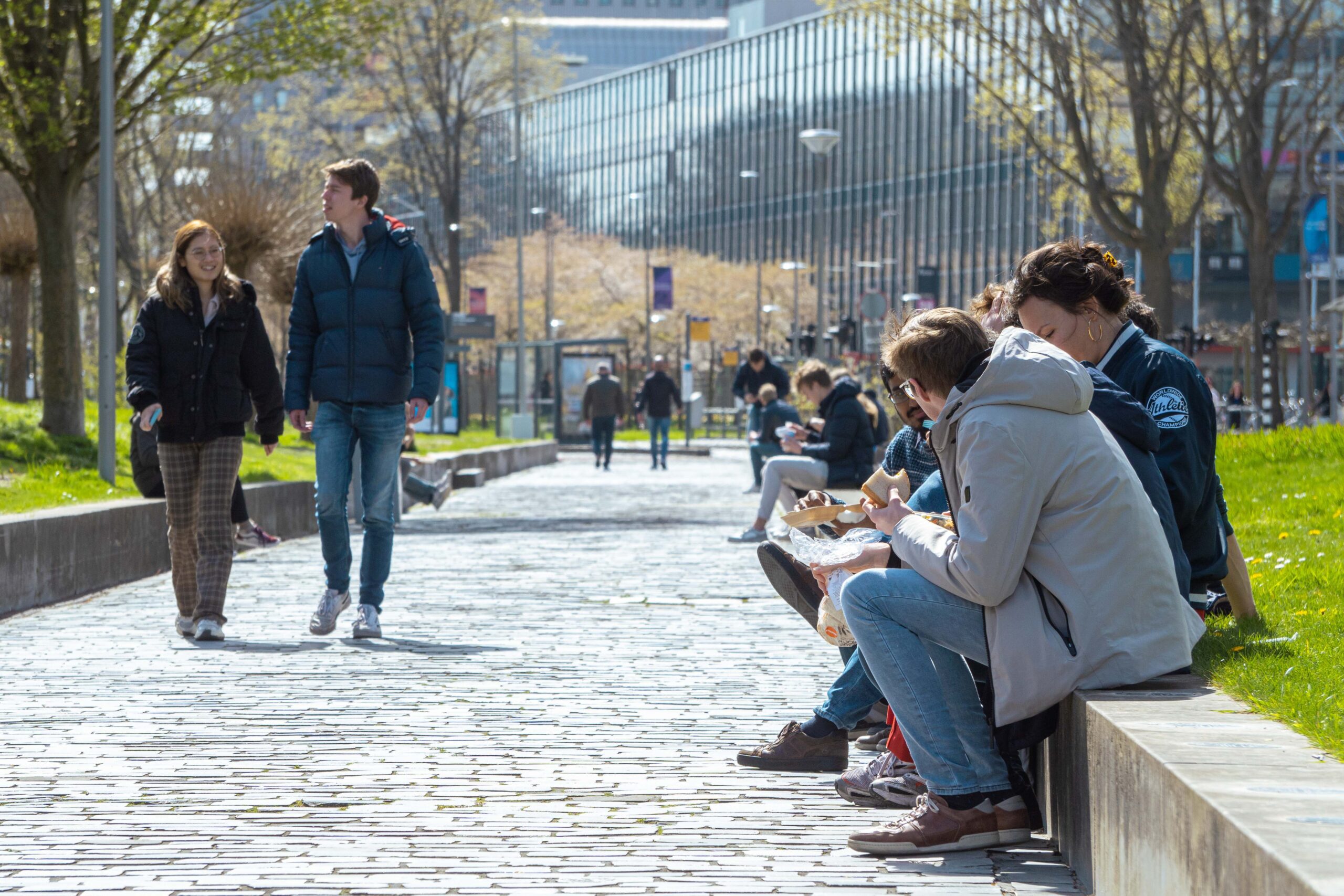Up to and including 9 March, all students can complete the National Student Survey. The survey is an important tool to measure the quality of higher education.
(Photo: Thijs van Reeuwijk)
In the annual National Student Survey (NSS) students can give their opinion on all aspects of their education, like teachers, curriculum, tests and timetables. The scores are published in various places, such as on the Studiekeuze123.nl website, but they are also used by the annual programme selection guides for higher education.
Support
As many as 120 thousands students at universities of applied sciences (HBO) and 62 thousand students at research universities have already completed the NSS, the survey creators say. This is a preliminary response rate of 22 percent. In recent years, the response rate fluctuated around 33 percent and the organisers hope to achieve a similar percentage this year.
Support for the survey isn’t self-evident, because there are always programmes (or even entire institutions) that score less high and end up at the bottom of the rankings. The universities of applied sciences have skipped a year once and during the 2020 Covid pandemic the survey wasn’t held either.
Nowadays, however, institutions are obliged to participate. There’s a special advisory council with representatives from government-funded higher education, private institutions and student organisations ISO and LSVb, as well as an expert panel that consults on the quality of the study.
Stimulating participation
Higher education institutions often do their best to recruit students for the survey. At HU University of Applied Sciences Utrecht, for example, students get free chips after completing the NSS. Institutions can use the outcomes to monitor the quality of their education, but they also like to advertise their high-scoring programmes. There’s also plenty of criticism of the NSS: the scores are said to be too close to each other to make a proper distinction in quality.
Participants can win all kinds of prizes, including a sum of money equal to next year’s tuition fees (2,601 euros). You can also win an Apple MacBook, noise cancelling headphones, an expensive keyboard or one of the four hundred Bol.com vouchers available.
HOP, Bas Belleman
Translation: Taalcentrum-VU
Do you have a question or comment about this article?
redactie@hogeronderwijspersbureau.nl


Comments are closed.